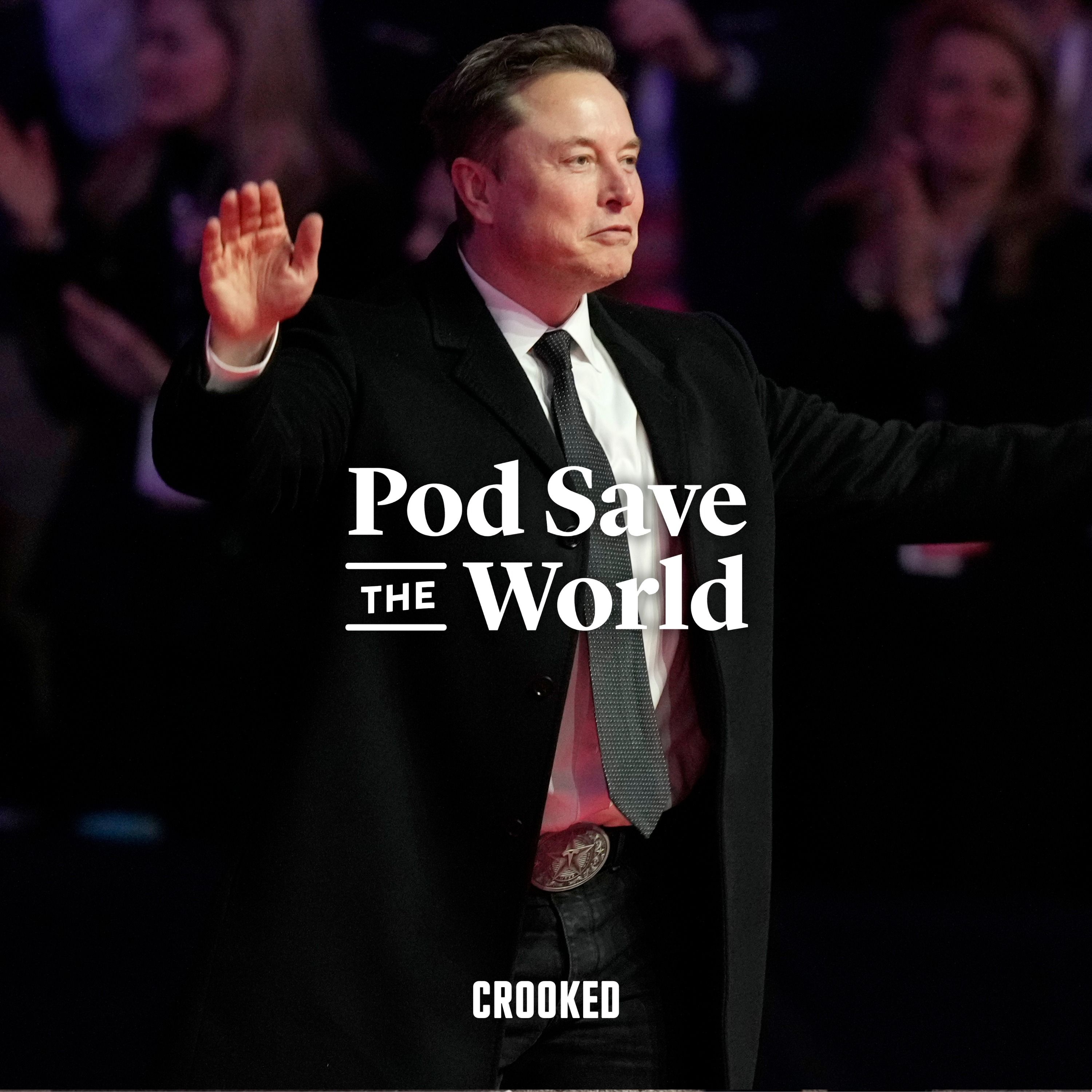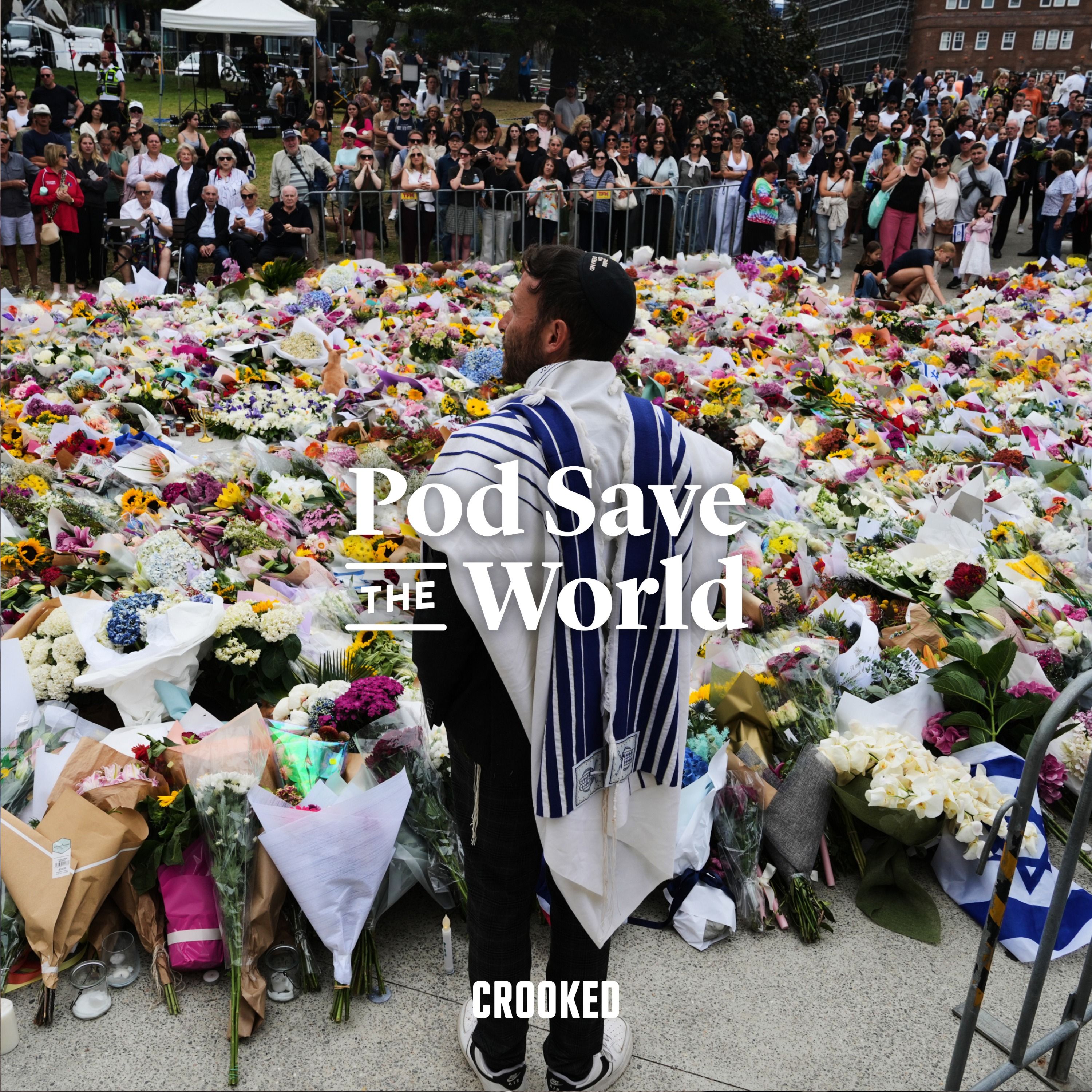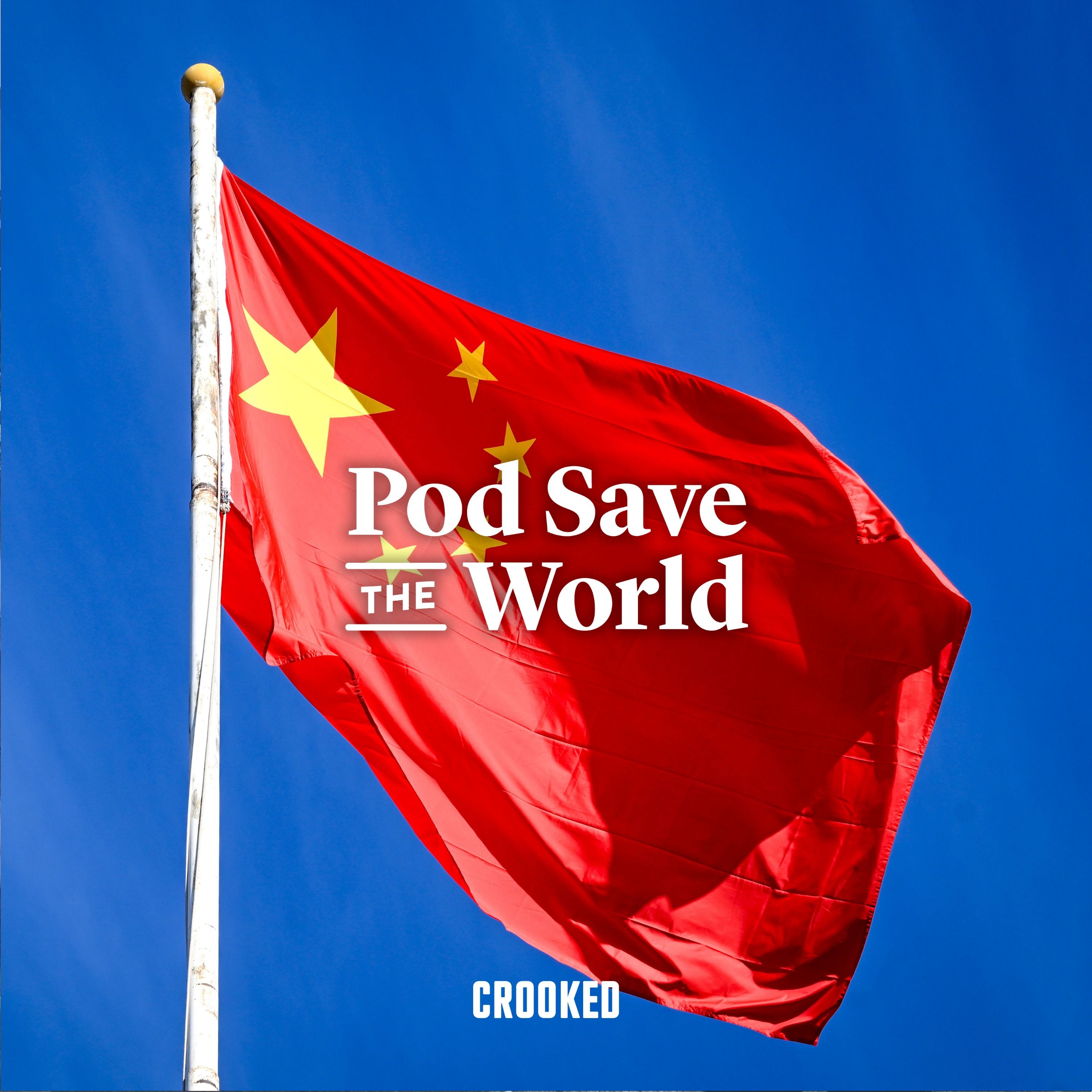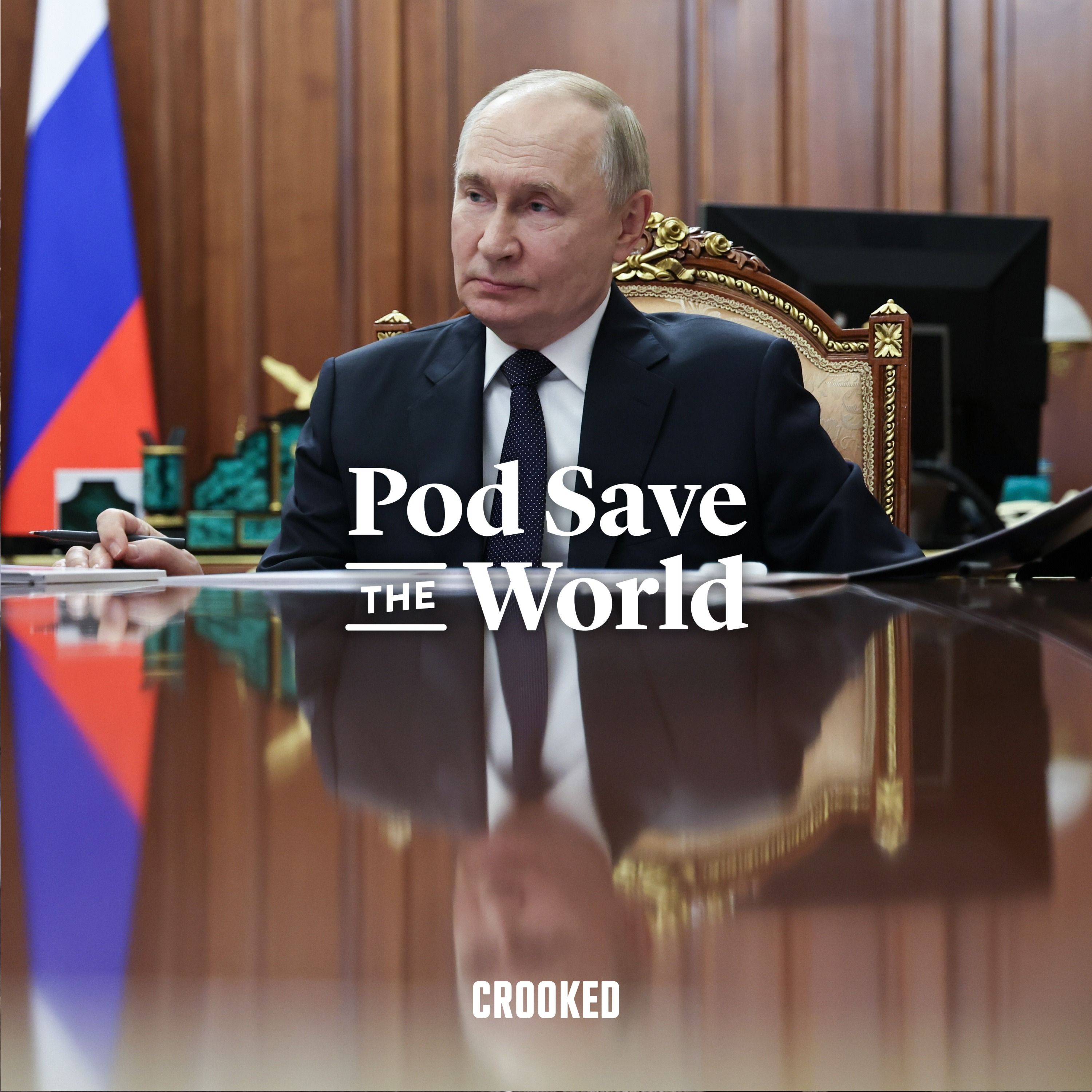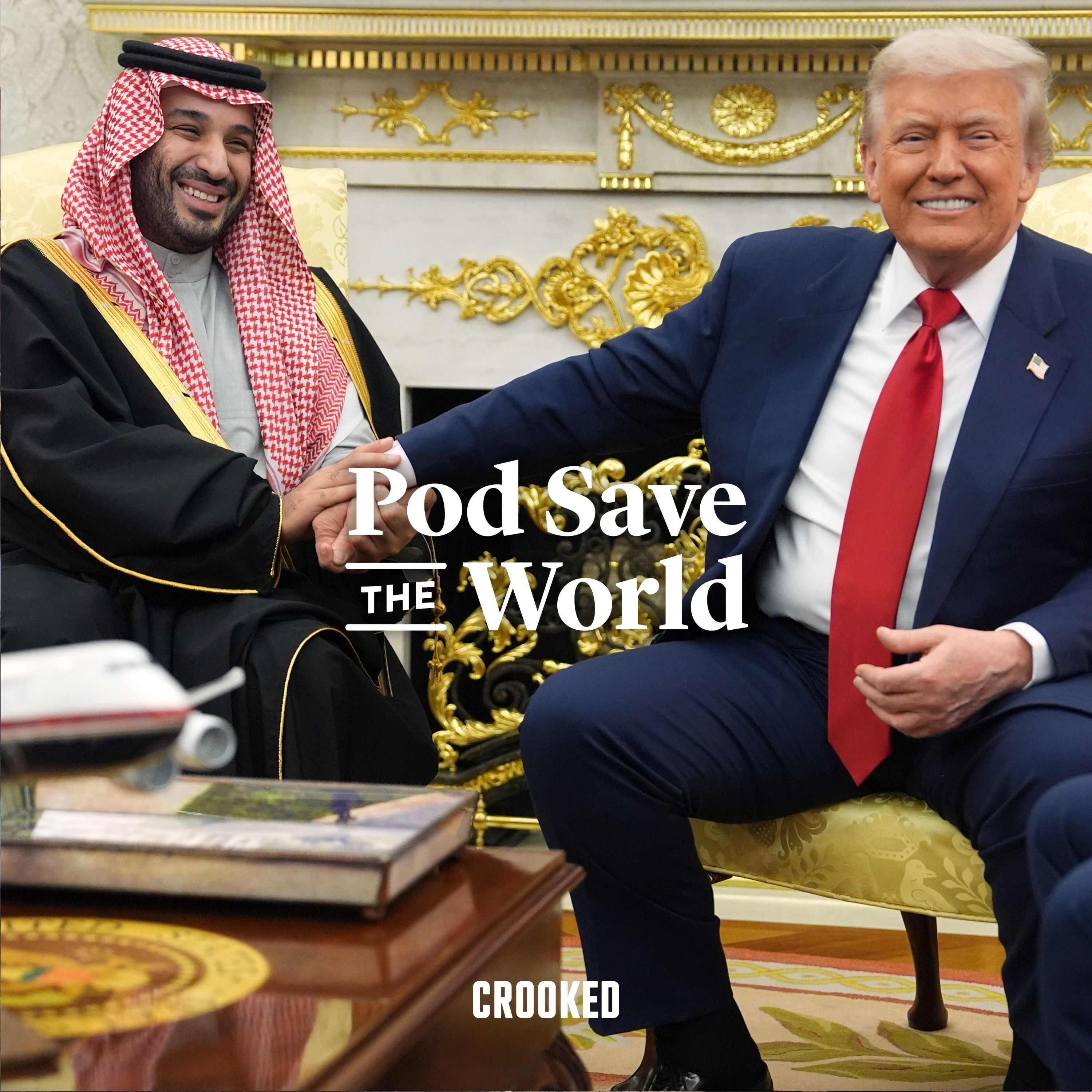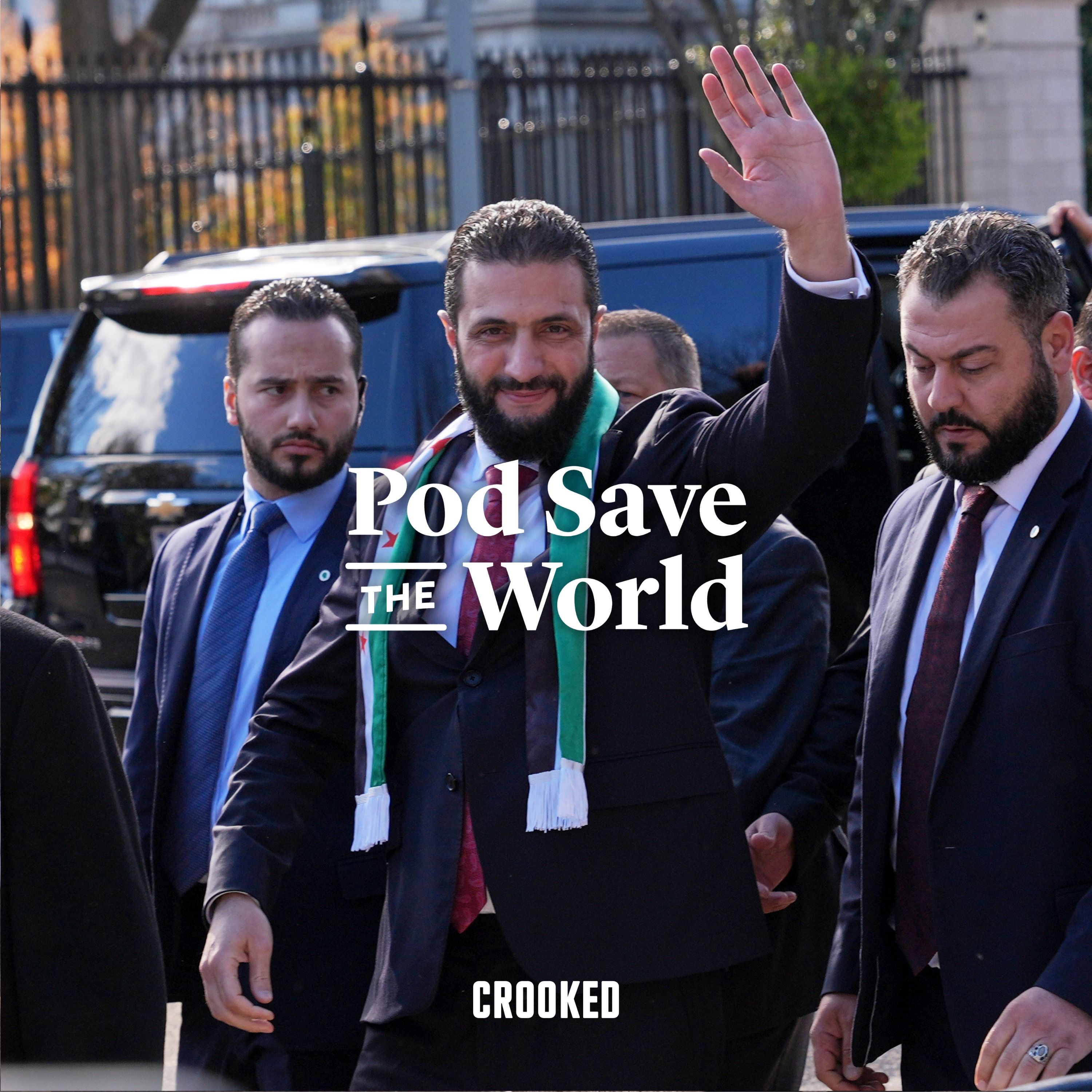Elon Musk’s DOGE Dorks Gut USAID
Tommy and Ben discuss the assault on USAID by Trump and Elon Musk, how Democrats can best make the argument to support it, and why putting it under the purview of the State Department is a bad idea. They also discuss a purge at the FBI, Marco Rubio’s first overseas trip as Secretary of State, the moral and logistical stupidity of both sending US prisoners to El Salvador and undocumented migrants to Guantanamo Bay, Trump launching air strikes in Somalia, and Netanyahu’s meeting with Trump at the White House. Then, Ben speaks with Sky News Africa Correspondent Yousra Elbagir about the violence unfolding in the Democratic Republic of Congo.
Press play and read along
Transcript
Transcript is processing—check back soon.
Pod Save the World — Elon Musk’s DOGE Dorks Gut USAID
